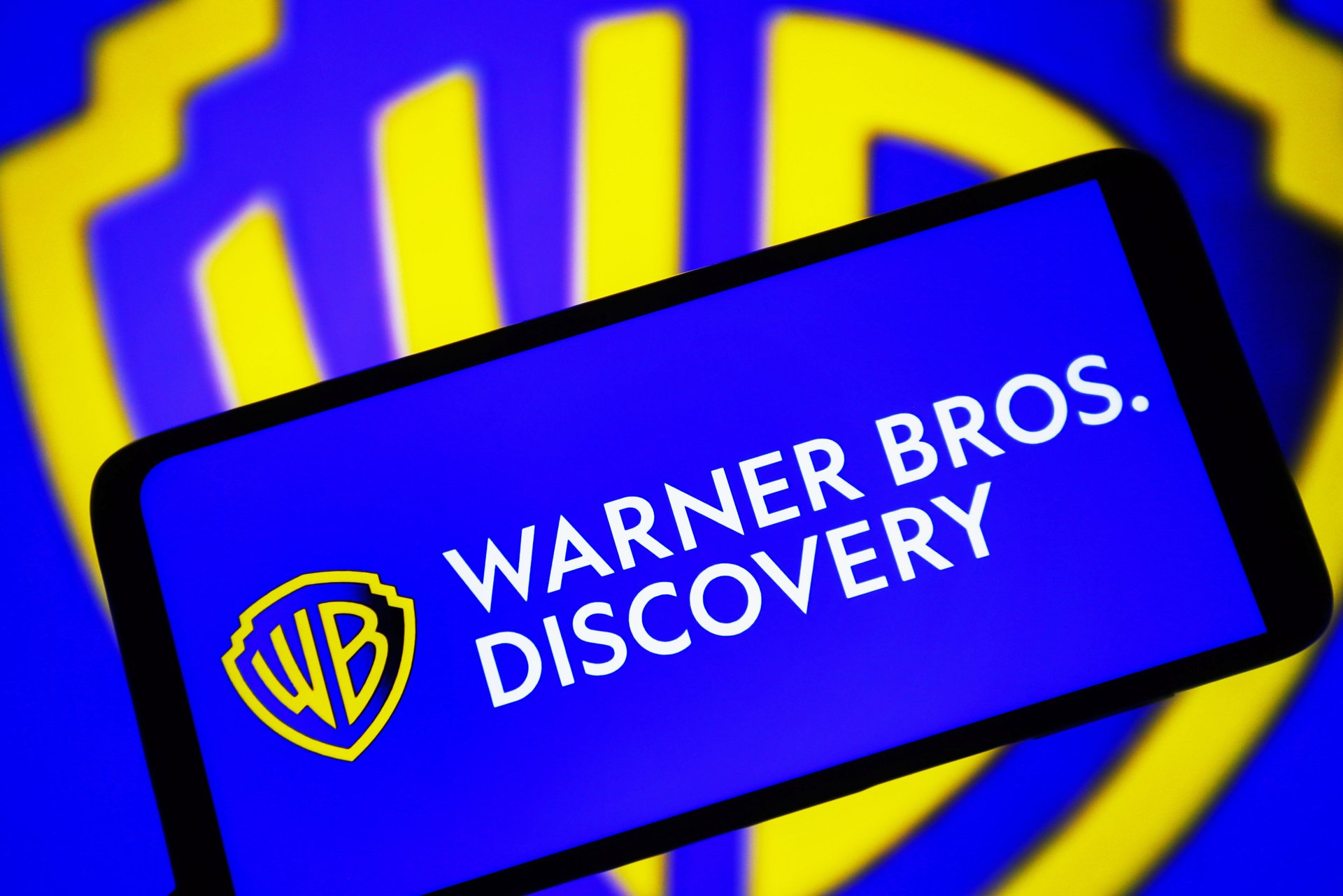Warner Bros. Discovery 'is not working' and should make some big changes, analysts say
Bank of America analysts suggested that Warner Bros. Discovery spin off its streaming and studio assets from its cable network assets

Warner Bros. Discovery shares popped 7% on Tuesday following a report from analysts at Bank of America (BofA) Global Research that recommended a series of options that could help increase the company’s shareholder value. The moves included a company or asset sale, a merger with a broadcast network, and a strategic spinoff.
Suggested Reading
Despite operating one of the few profitable streaming platforms, Warner Bros. Discovery has been dragged down by its struggling linear TV assets. The company’s stock has plummeted 70% since the merger that created it in 2022. Additionally, the company started a new round of layoffs this week.
Related Content
Wall Street analysts don’t expect things to get better anytime soon.
Analysts at BofA, led by Jessica Reif Ehrlich, wrote, “it is becoming increasingly clear that the company, as it is currently constructed, is not working as a publicly traded entity, and transformative changes are likely required to unlock the considerable value embedded within these assets.”
In the report titled “Is Unbundling the Answer?” BofA analysts put all of Warner Bros. Discovery’s options on the table.
While the company could try to put itself up for sale, the analysts noted that there might not be many viable and interested buyers. Plus, a sale could take too long and face regulatory scrutiny.
Another option is to sell off some if its assets like CNN, which the analysts estimate could be valued at $6 billion, or Warner Bros. Games for $5.6 billion.
Warner Bros. Discovery could also try to merge with a broadcast network, an asset category currently missing from its portfolio. The benefit of scooping up a broadcast network is that they reach a large audience, charge more for advertising, and come with premium sports programming like NFL games. The analysts suggested Fox as a potential option.
Together, broadcast, which has an older audience, and streaming, which has a younger audience, could drive up total viewership.
Finally, BofA’s most creative solution was to execute a strategic spinoff where the company’s direct-to-consumer (streaming) and studio assets would separate from the company’s linear TV assets (cable channels). A key part of this strategy is that Warner Bros. Discovery would leave the majority of its debt in the remaining linear company.
The TV business could then potentially consolidate with struggling linear assets from other media companies.
